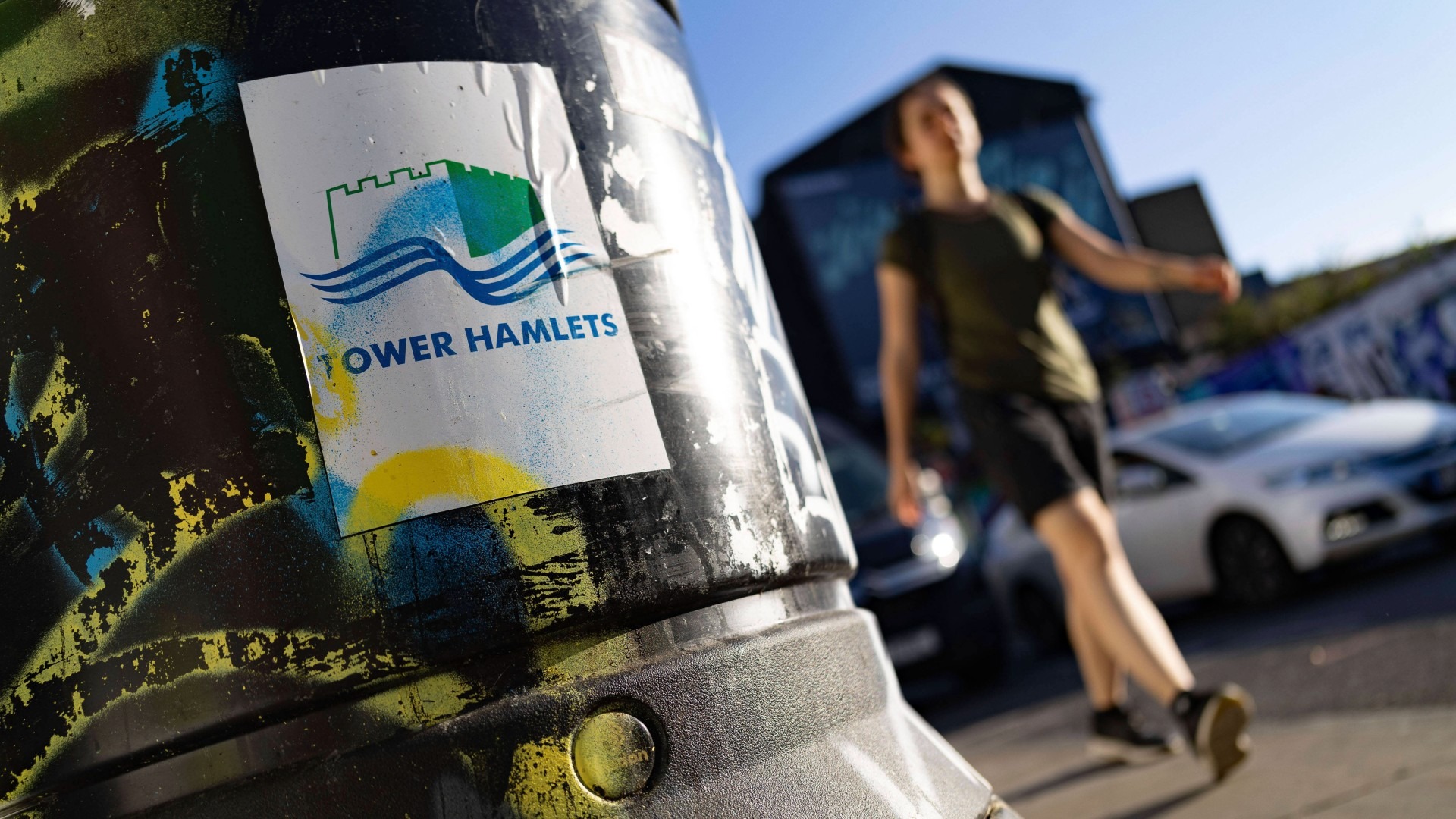The recent government-led investigation into Tower Hamlets council, spearheaded by former British diplomat Sir John Jenkins, has sparked controversy due to his endorsement of Islamophobic social media posts.
As the council, led by independent mayor Lutfur Rahman, faces scrutiny for the second time in a decade, questions are raised about the motives behind the investigation, particularly given Jenkins’ questionable social media activity.
Jenkins, known for his ambassadorial roles in Syria, Libya, and Saudi Arabia, has been tasked with assessing whether the council upholds the standards expected for effective local government.
However, concerns have been raised about his impartiality, especially considering his affiliation with the right-wing think tank Policy Exchange, founded by prominent Conservative figures, including Michael Gove.

A coalition of community organizers, including members from Jewish and Muslim communities, has expressed apprehension over Jenkins’ involvement, citing his social media interactions endorsing Islamophobic sentiments.
His actions, such as liking tweets disparaging London Mayor Sadiq Khan and expressing support for far-right figures, have sparked outrage and cast doubt on his ability to conduct an unbiased investigation.
This scenario underscores broader challenges within the political world, touching on the convergence of social media, government regulation, and religious sensitivities. It emphasizes the significance of tackling Islamophobia and challenging discriminatory mindsets, especially within institutions responsible for maintaining public confidence.
Under Rahman’s leadership, Tower Hamlets Council has implemented progressive measures to address community needs, including proposals for affordable housing, enhanced public services, and social inclusion initiatives. However, challenges remain, including concerns over labor relations and the council’s handling of contentious issues such as displaying Palestinian flags.

As Rahman faces renewed scrutiny and criticism, it is imperative to resist racist narratives and uphold democratic principles. The previous electoral court ruling against Rahman in 2015, based on Islamophobic tropes and unsubstantiated claims, serves as a cautionary tale against the misuse of administrative mechanisms to undermine legitimate electoral mandates.
In the face of ongoing challenges, it is essential for communities to stand united against prejudice and discrimination, advocating for fairness, transparency, and accountability in governance.
Only through collective action can we ensure that justice prevails and democratic principles are upheld, safeguarding the rights and dignity of all individuals, regardless of their religious or cultural background.


